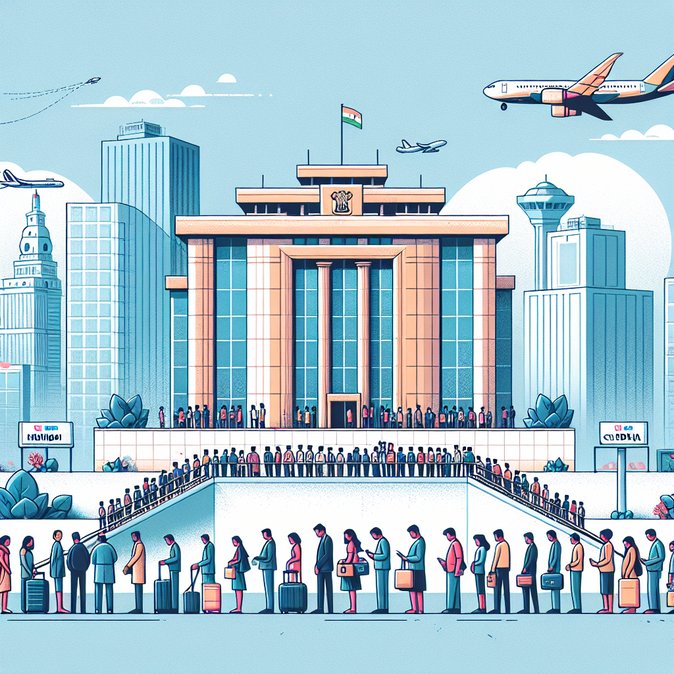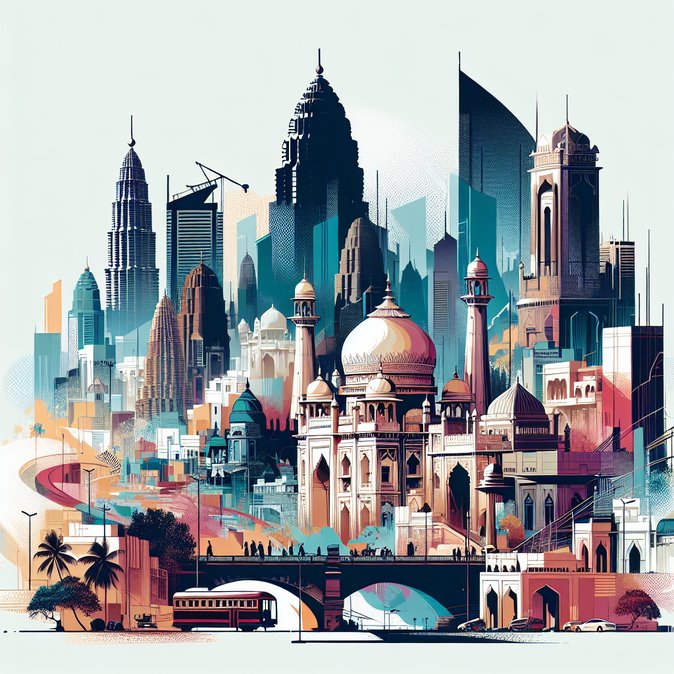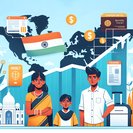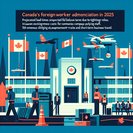
The US State Department’s 17 November update on global visa wait times reveals stark regional disparities within India. Applicants in Mumbai now face an average 9.5-month delay for B1/B2 visitor-visa interviews, while the next available slot in New Delhi is 10 months away despite a lower calculated ‘average’ of 3.5 months. In contrast, Chennai shows open dates just three months ahead and Hyderabad posts a five-month horizon.
The numbers matter for Indian corporates whose executives shuttle to the United States for sales meetings, trade shows and after-sales support. A Mumbai-based firm trying to send staff to a March 2026 expo in Las Vegas would already be late if relying on its local consulate. Mobility managers therefore continue to ‘visa-shop’—booking appointments in Chennai or Hyderabad and absorbing the domestic travel cost.
![Latest US B1/B2 wait-time data: Hyderabad fastest, Mumbai faces 9-month queue]()
Consular officials attribute Mumbai’s backlog to pandemic-era inventory reductions and a surge in demand from cruise passengers and wedding travellers. They urge applicants to monitor the portal for cancellations, which can free up earlier slots. Meanwhile, the embassy has re-launched Saturday interview shifts and is redeploying officers from smaller posts, but insiders say meaningful relief may not arrive until mid-2026.
Companies are responding by building longer lead times into project plans and encouraging key staff to secure five- or ten-year multiple-entry visas during lull periods. Immigration attorneys also remind travellers that a fresh DS-160 and MRV fee are required if they switch consulates, and that fingerprint-reuse (“drop-box”) eligibility can cut wait times by half for previous visa-holders.
The numbers matter for Indian corporates whose executives shuttle to the United States for sales meetings, trade shows and after-sales support. A Mumbai-based firm trying to send staff to a March 2026 expo in Las Vegas would already be late if relying on its local consulate. Mobility managers therefore continue to ‘visa-shop’—booking appointments in Chennai or Hyderabad and absorbing the domestic travel cost.

Consular officials attribute Mumbai’s backlog to pandemic-era inventory reductions and a surge in demand from cruise passengers and wedding travellers. They urge applicants to monitor the portal for cancellations, which can free up earlier slots. Meanwhile, the embassy has re-launched Saturday interview shifts and is redeploying officers from smaller posts, but insiders say meaningful relief may not arrive until mid-2026.
Companies are responding by building longer lead times into project plans and encouraging key staff to secure five- or ten-year multiple-entry visas during lull periods. Immigration attorneys also remind travellers that a fresh DS-160 and MRV fee are required if they switch consulates, and that fingerprint-reuse (“drop-box”) eligibility can cut wait times by half for previous visa-holders.







